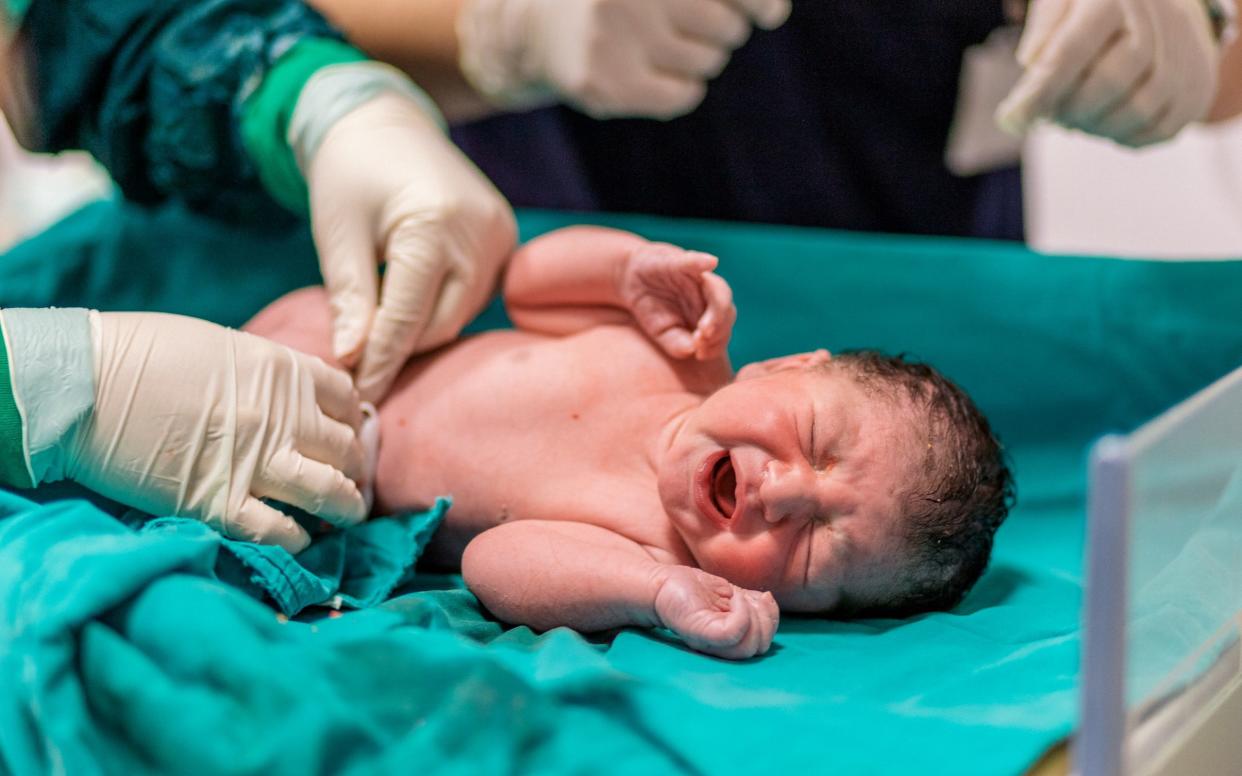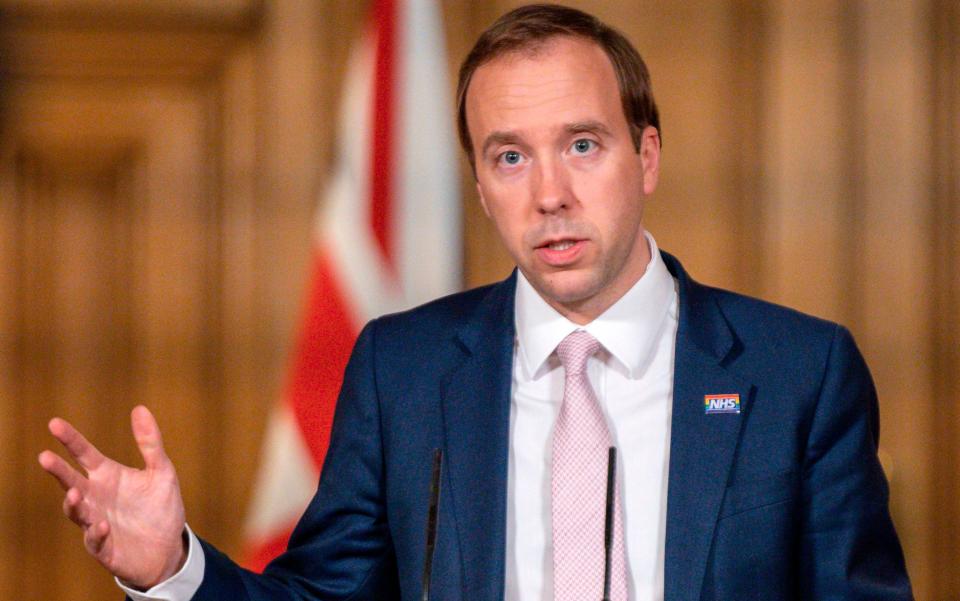Boris Johnson orders major review to improve life chances of babies and toddlers in poorer families


Boris Johnson, the Prime Minister, has ordered a major review of early years care to improve the life chances of babies and toddlers in poorer families across the country.
The review aims to establish a gold standard for support offered to young families, against which local health bodies and councils will be judged as part of the Prime Minister's Covid-19 recovery plan.
Young parents will be able to go online to compare local support services across the country to get them the best help in looking after their babies and toddlers.
The first years of childhood are seen as critical for development in children, and have been proved to have a significant effect on physical health, mental health and opportunity throughout life.
Led by former Cabinet minister Andrea Leadsom MP and Matt Hancock, the Health Secretary, the review will look at reducing inequalities in young children from birth to age two and a half to ensure that every baby is given the best possible start in life.
In a joint article for The Telegraph, the pair said "the building blocks for lifelong emotional health lie in the first 1,001 days of an infant's life".
They wrote: "We truly believe that, by providing world-class support in these critical early years, we can create a generation of much healthier, happier, securely attached babies and young people."

Improving support for them through better pre-natal and post-natal care, through support for single parents and young mothers, is seen as a core part of "levelling up" the life chances for babies and toddlers in all parts of the country.
The review hopes to set up online family hubs that will allow families to compare local support services where they live – and elsewhere – when deciding what support they need to bring up their children.
It will set out "service by service what excellence will look like" to pressure local bodies to raise their game, according to one source, as well as looking at disparities in low birth weight and social and emotional development in the early years.
Local authorities and health bodies will have to publish details of their support packages for young families.
Mrs Leadsom is expected to submit her findings and policy recommendations from the first phase of the Review into Early Years Health in January.
Research by NHS England suggests that one in five mothers and one in 10 fathers experience mental health problems during pregnancy and following a birth.
Children from poorer backgrounds have significantly worse health outcomes than other children, due to stress and smoking during pregnancy, as well as communication problems due to language inequalities. These problems then manifest themselves in later life in mental health issues as the children grow.
Poor mental health in children is estimated to cost between £11,000 and £60,000 per child annually.

 Yahoo News
Yahoo News 
